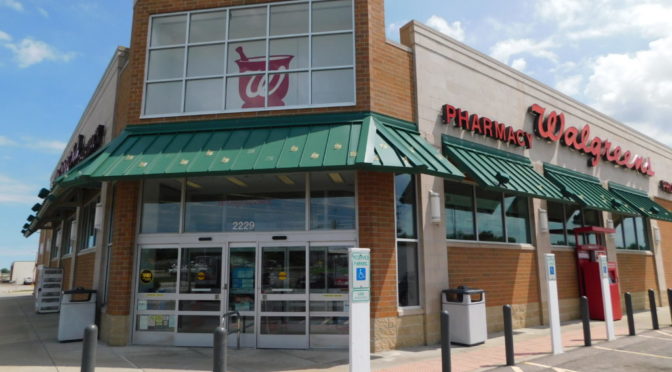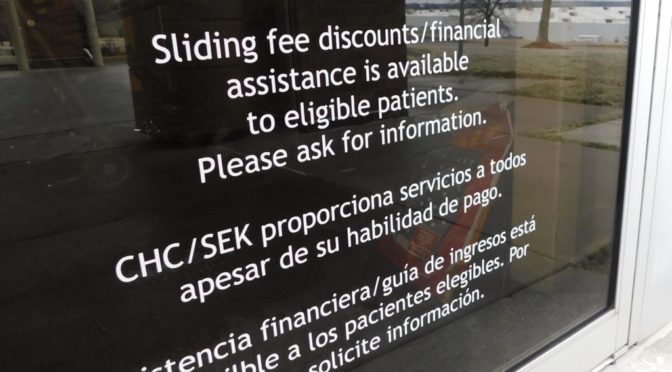Cognition and Swallowing Among the Common Challenges Persisting for Many Americans After COVID-19
Speech-Language Pathologists Can Help Patients Regain Health and Quality of Life, NRMC Expert Stresses During Better Hearing & Speech Month
With an estimated 10 to 30% of COVID-19 survivors experiencing “long-haul” symptoms including brain fog and swallowing difficulties, Nevada Regional Medical Center speech-language pathologist Andrea Wydick is encouraging the public to seek care from qualified experts who can help them regain their functioning and quality of life. Wydick is sharing this message in recognition of May being national Better Hearing & Speech Month (BHSM).
“The pandemic has posed so many challenges to us all as a society, but one of the persisting and most vexing ones right now is the daunting set of difficulties many people are having for months after contracting COVID-19,” said Wydick. “From brain fog, to difficulty eating and drinking, to speech and language problems, these can affect return to work, the ability to take care of one’s family, and overall recovery. Many people don’t know about the services of speech-language pathologists—professionals trained in these areas who can make a huge difference for these people. This is an important time for us to spread the word: Help is available.”
How They Help
Speech-language pathologists (SLPs) can help people with, or recovering from, COVID-19 who are having short- and longer-term difficulties in the following areas:
• Cognition
Many COVID-19 “long-haulers” are reporting persistent brain fog as a debilitating symptom after their bout with the virus. This can prevent a return to work and impact their ability to tend to family responsibilities. SLPs can work with individuals to improve their memory, attention, organization and planning, problem solving, learning, and social communication—such as re-learning conversational rules or understanding the intent behind a message or behind nonverbal cues. The focus is on the person’s specific challenges as well as regaining the skills that are most important to their daily life and priorities.
• Swallowing
People diagnosed with COVID-19 may experience swallowing problems that can put them at risk for choking or aspirating, which is when food goes into the lungs instead of the stomach. This may be the result of time spent on a ventilator, or it may be another side effect of the virus. SLPs use different types of tests to determine what happens when a person swallows and how the related muscles are working—helping a patient’s medical team, including the SLP, decide on the best course of action with the patient and their family. SLPs may recommend modified textures of food and drink for patients; therapy exercises to strengthen the tongue, lips, and muscles in the mouth and throat; and strategies to make eating and drinking safer, such as modifying the pace of chewing/eating, size of food, and more.
• Communication
People diagnosed with COVID-19 are also experiencing speech and language difficulties. Some, such as those who spent a significant amount of time on a ventilator or experienced low oxygen to the brain, may have muscle weakness or reduced coordination in the muscles of the face, lips, tongue, and throat—making it difficult to talk. Others, particularly those who experienced a COVID-related stroke, may experience a language disorder called aphasia—which makes it hard for someone to understand, speak, read, or write. SLPs work with patients through targeted therapy to improve their communication and understanding.
People who have severe speech and/or language difficulties may need to find other ways to answer questions or tell people what they want, such as through gesturing with their hands, pointing to letters or pictures on a paper or board, or using a computer. These are all forms of augmentative and alternative communication (AAC). SLPs help find the appropriate AAC method to meet an individual’s needs.
Where to Find Care
SLPs work in settings that include hospitals, long- and short-term care facilities, private practices, and patients’ homes. Many SLPs are also providing their services via telehealth at this time. If you or a loved one are experiencing communication challenges, Wydick recommends letting your doctor know.
For more information, Vernon County and area residents can contact NRMC Performance Therapy at 417-448-3790, or visit www.asha.org/public.
###
About Nevada Regional Medical Center
Serving a six-county area since 1937, Nevada Regional Medical Center is a 71-bed acute, intensive and skilled care hospital. Nevada Regional Medical Center has earned recognition as a respected regional medical center for its comprehensive health care services, skilled and caring employees and state-of-the-art medical technology. Staff represent more than a dozen medical specialties, including family practice, women’s services, neurology, urology, psychiatry, orthopedics, wound care services, and general, vascular, thoracic and oncological surgery. Additionally, consultation clinics are held regularly by specialists in oncology, pulmonology, podiatry, ear, nose, and throat and cardiology.









